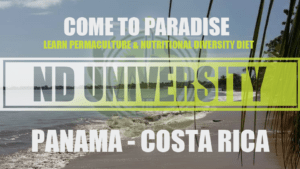Abstract
The Secret Jungle Diet Doctors don’t want you to know about!
“The Secret Jungle Diet: The Hidden Nutritional Blueprint for Peak Performance Doctors Don’t Want You to Know About!” presents a revolutionary approach to health and wellness that diverges significantly from mainstream dietary advice. Central to this diet is an array of highly diverse ingredients, sourced from the depths of untouched jungles and the innovative fields…
-

 Agriculture2 years ago
Agriculture2 years agoWhy Small Alternative Tropical Agriculture is the Best Investment Today
-

 Special Elements6 years ago
Special Elements6 years agoBest Garlic Vine Rankings, Benefits, Side Effects & Experience
-

 Special Elements3 years ago
Special Elements3 years agoBest Pre-Workout Supplement Rankings, Benefits, Side Effects & Experience
-
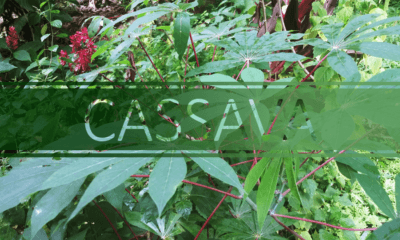
 Special Elements3 years ago
Special Elements3 years agoBest Cassava Manioc, Rankings, Benefits, Cancer Cure & Experience
-
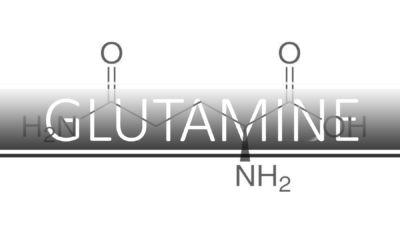
 Special Elements4 years ago
Special Elements4 years agoBest Glutamine Rankings, Benefits, Side Effects & Experience
-
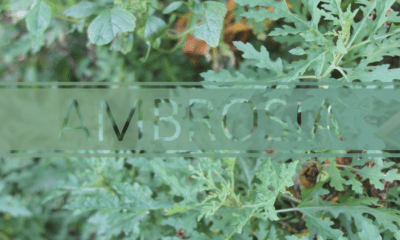
 Special Elements5 years ago
Special Elements5 years agoBest Ambrosia, Wormwood Rankings, Benefits, Side Effects & Experience
-
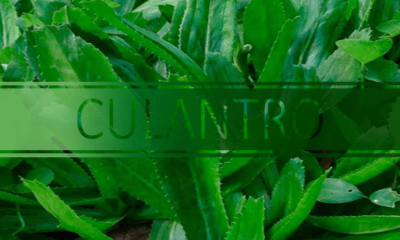
 Special Elements6 years ago
Special Elements6 years agoBest Culantro Rankings, Benefits, Side Effects & Experience
-
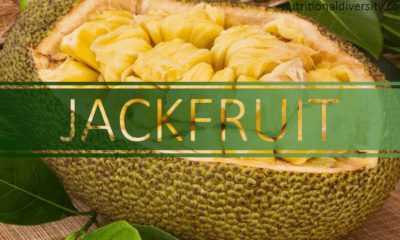
 Special Elements6 years ago
Special Elements6 years agoBest Jackfruit Rankings, Benefits, Side Effects & Experience


